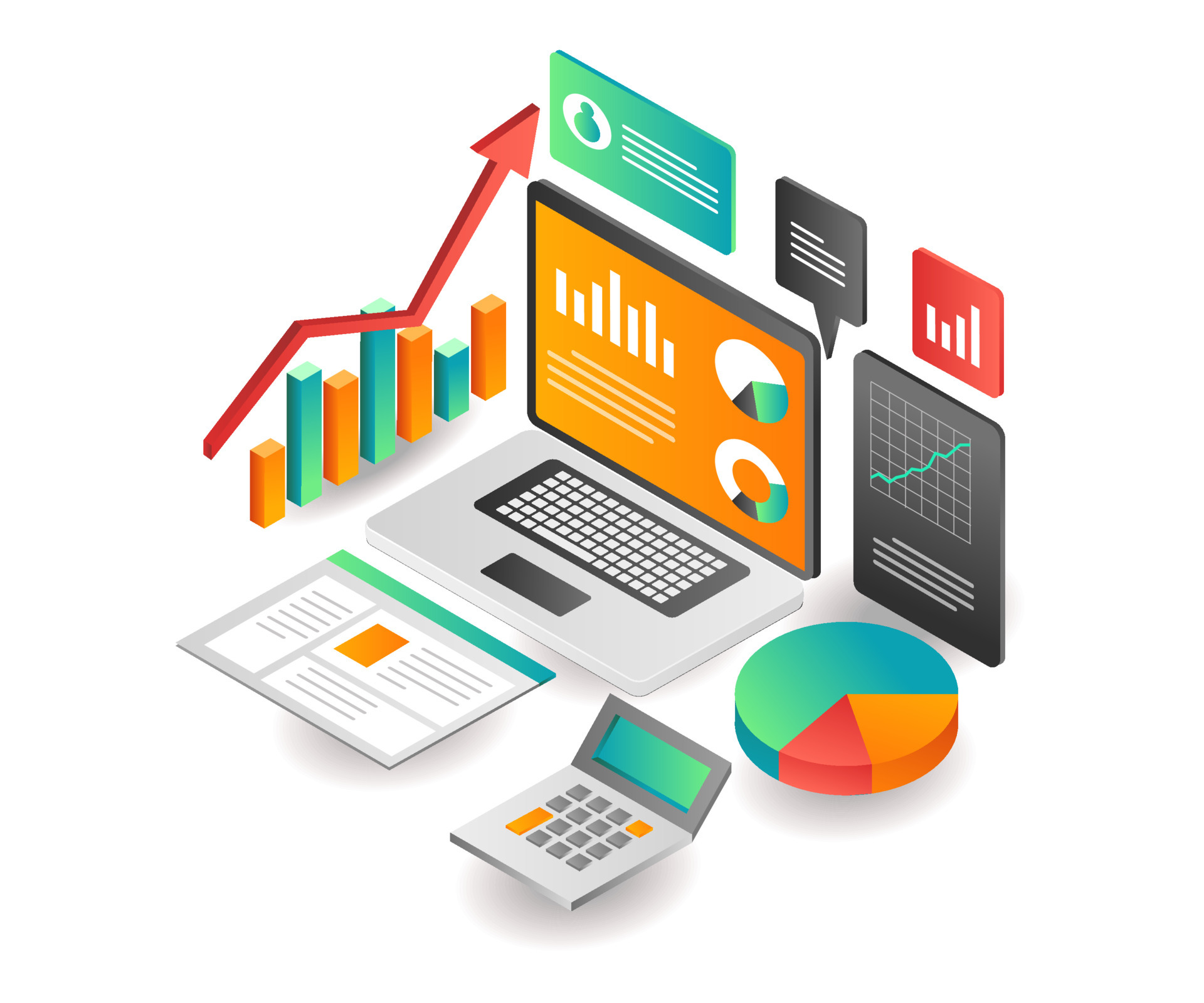How to Plan an Event Successfully in 2023
Are you looking to plan an event? Whether it's an exhibit program, a corporate conference, or a charity fundraiser, the event planning process can easily become very overwhelming. However, with the right tools and strategies, you can successfully plan an event that meets all your goals and expectations.
In this guide, we will break down the seven stages of event planning and also provide you with a comprehensive event planning checklist to ensure that your event is quite successful.
So, let's dive in and learn how to plan an event effectively this year!
Why is Effective Event Planning Important?
Effective event planning is crucial for the success of any event, regardless of the type of event you're planning. It is the first step, as without proper planning, you run the risk of facing numerous challenges and setbacks that can ultimately hinder the success of your event.
It allows you to carefully consider all the necessary details, from venue selection and budgeting to logistics and marketing strategies. It helps you create a clear roadmap for your event, ensuring that you stay organized and on track throughout the planning process.
Additionally, effective event planning helps you anticipate potential challenges and devise contingency plans. It allows you to allocate resources efficiently and prioritize tasks based on their importance and urgency.
The Seven Stages of Event Planning and Why They Matter
Planning an event is a complex process that requires careful consideration and strategic execution. The seven stages below are crucial to ensure the success of your event. Let's dive into each stage and explore why they matter.
1. Define Your Objectives:
Before you can plan any event, it's important to clearly define your goals and objectives. This will help guide your decision-making process and help you stay focused on what you want to achieve.
2. Budgeting and Financial Planning:
Planning an event requires careful budgeting to ensure you stay within your financial limits. By utilizing carefully-curated event budget, you can track your expenses and allocate your budget efficiently.
3. Selecting the Right Venue:
The venue sets the stage for your event, so it plays a crucial role in its success. Consider factors such as capacity, location, and amenities when choosing a venue. Also, consider the best central location for your target audience. Also, speak with multiple venue providers, so you see the one that aligns most with your preferences, especially your budget. Doing this can help you narrow down your options.
4. Vendor Selection and Management:
From caterers to audiovisual technicians, choosing the right vendors is essential for a seamless event Create a robust checklist to keep track of vendor contracts and deadlines.
5. Marketing and Promotion:
To attract attendees, you need to effectively market and promote your event. Utilize social media, email marketing, and other channels to create buzz and generate interest.
6. Logistical Planning:
This stage involves coordinating all the necessary logistical elements, such as transportation, accommodation, and event timelines. Your event planning checklist can help you stay organized and on track.
7. Execution and Evaluation:
The day of the event is when all your planning comes together. Monitor the event closely and address any issues that may arise. After the event, measure and evaluate its success and gather feedback for future improvements.
The Importance of Event Measurement During Planning
When it comes to event planning, measuring the success and impact of your event is just as important as the planning itself. Event measurement allows you to assess the effectiveness of your strategies, identify areas for improvement, and demonstrate the value of your event to stakeholders. It provides valuable insights into attendee satisfaction, engagement levels, and overall event outcomes.
So, how can you plan your event with measurement in mind? Start by defining clear objectives and key performance indicators (KPIs) that align with your event goals. This will guide your planning efforts and ensure that you gather the necessary data to evaluate success.
Consider incorporating surveys, feedback forms, and analytics tools to collect attendee feedback and track key metrics throughout the planning process. This will allow you to gauge attendee satisfaction, measure engagement levels, and assess the impact of your event on participants.
Ways to boost attendee engagement before, during, and after the 2023 event
Here are some strategies on how to plan an event that keeps attendees engaged before, during, and after the event.
Before the event, create excitement and anticipation by leveraging social media platforms and email marketing. Share sneak peeks of what attendees can expect, highlight keynote speakers or special guests, and encourage them to spread the word.
During the event, incorporate interactive elements such as live polling, Q&A sessions, and networking opportunities. This allows attendees to actively participate and feel connected to the event. Utilize event apps or platforms that offer features like gamification or virtual exhibitor booths to further engage attendees.
After the event, keep the conversation going by sending out surveys or feedback forms to gather insights and improve future events. Share post-event content such as recordings or key takeaways to provide value even after the event has ended. Stay connected with attendees through social media or email newsletters to keep them engaged for future events.
By implementing these strategies, you can ensure that your event is not only successful but also leaves a lasting impression on attendees, increasing the likelihood of their continued engagement and attendance at future events.
.png?width=150&height=61&name=explori_logo%20(1).png)



